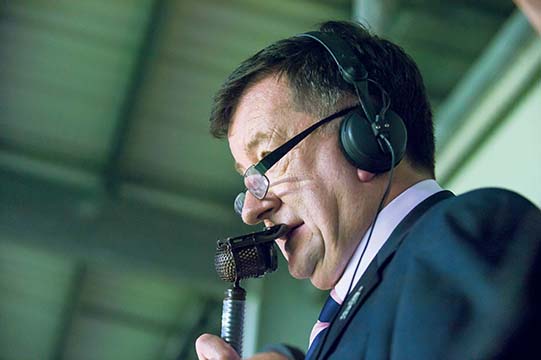 The voice of Super League
The voice of Super League until 2019, Eddie Hemmings must have commentated on the best part of 2,000 games down the years.
He cut his teeth in football with BBC Radio before producing and commentating on Radio 2’s coverage of Rugby League.
A move to British Satellite Broadcasting, who soon merged with Sky, in 19
The voice of Super League
The voice of Super League until 2019, Eddie Hemmings must have commentated on the best part of 2,000 games down the years.
He cut his teeth in football with BBC Radio before producing and commentating on Radio 2’s coverage of Rugby League.
A move to British Satellite Broadcasting, who soon merged with Sky, in 19 Rugby League Heroes: Eddie Hemmings (Part 1)
 The voice of Super League
The voice of Super League until 2019, Eddie Hemmings must have commentated on the best part of 2,000 games down the years.
He cut his teeth in football with BBC Radio before producing and commentating on Radio 2’s coverage of Rugby League.
A move to British Satellite Broadcasting, who soon merged with Sky, in 19
The voice of Super League
The voice of Super League until 2019, Eddie Hemmings must have commentated on the best part of 2,000 games down the years.
He cut his teeth in football with BBC Radio before producing and commentating on Radio 2’s coverage of Rugby League.
A move to British Satellite Broadcasting, who soon merged with Sky, in 19 